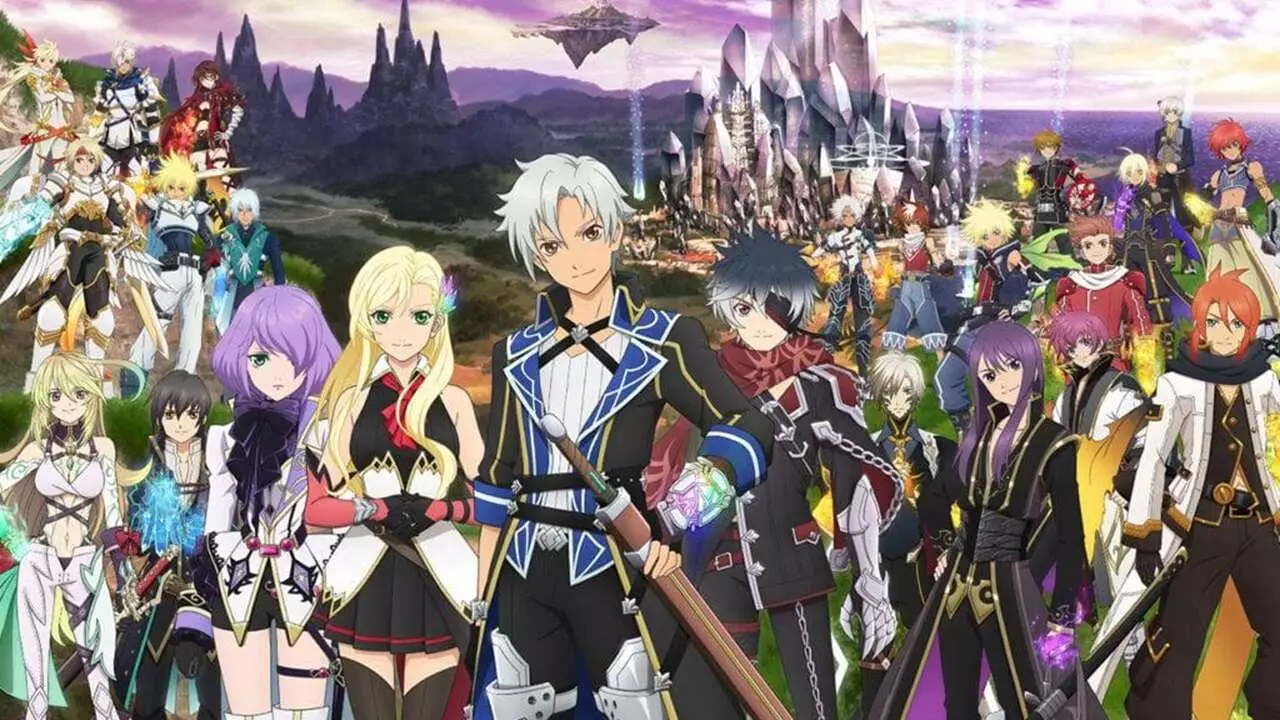In a turbulent year for the gaming industry, Bandai Namco has made headlines for its significant restructuring efforts, leading to several game cancellations including anticipated titles rooted in the beloved One Piece and Naruto franchises. This trend reflects a broader issue within the gaming sector, where companies are grappling with financial uncertainties and a shifting market landscape. The fallout from these decisions not only affects the titles themselves but also the talented developers who pour their creativity and passion into game design.
The Oidashibeya Phenomenon
A particularly concerning aspect of Bandai Namco’s restructuring process is the reported implementation of the oidashibeya, or “expulsion room,” method. While the company denies employing such tactics, according to Bloomberg, the practice involves isolating employees with no assigned tasks, thereby creating a pressure cooker environment that nudges some to resign voluntarily—and without severance benefits. This approach raises ethical questions about corporate responsibility and the treatment of employees, especially in an industry already facing scrutiny for its work culture. Critics argue that fostering a supportive environment is essential for retaining talent and driving innovation.
In addition to the controversial employment practices, Bandai Namco’s decision to cancel various projects signals a cautious approach in a marketplace characterized by high expectations and fierce competition. Among the affected projects was an unnamed collaboration with Nintendo, which raises concerns not only about potential lost revenue but also about the implications for brand partnerships. These cancellations are indicative of a company reassessing its portfolio in a bid to focus on more viable opportunities, such as their successful release of Dragon Ball: Sparking Zero, which reportedly moved over three million units shortly after launch.
As Bandai Namco consolidates its efforts, the discontinuation of long-running titles like Tales of the Rays and the upcoming MMO Blue Protocol leaves dedicated fans disheartened. Each game carries a legacy, and players build emotional connections with them over time. The company’s statement regarding Blue Protocol highlights the disappointment felt not only internally among development teams but also externally among fans awaiting new content. This can lead to a volatile community response, where players may vocalize their dissatisfaction and seek alternatives in an expansive marketplace.
Looking ahead, Bandai Namco’s challenge lies in recovering from this period of upheaval to emerge stronger and more agile. As they pivot towards new projects, maintaining transparency with employees and players will be crucial for rebuilding trust and engagement. Moving forward, it is vital that the company reassesses not only its portfolio but also its internal practices to ensure that it cultivates both a thriving creative environment and a loyal customer base. Balancing financial constraints with a commitment to innovation and ethical labor practices will be key in navigating the complexities of the current gaming landscape.

